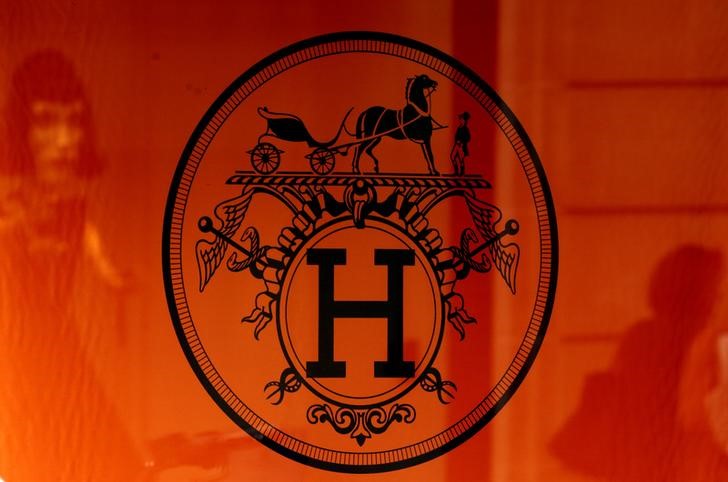This post was originally published on this site
https://i-invdn-com.akamaized.net/news/LYNXMPEBB80KR_M.jpg
Investing.com — Before the pandemic, it was accepted as an unalterable fact that the fate of luxury goods makers was tied very tightly to that of the travel and tourism industry.
However, the third-quarter reports from the luxury sector suggests that may no longer be the case, or at least not to the same extent.
Hermes (PA:HRMS) became the latest group to report better-than-expected sales for the three months through September on Wednesday, helped by a strong rebound in its Asian business and, importantly, through its online sales.
The latter is something of a novelty for the likes of Hermes and LVMH, which reported a similar trend last week. Buying stuff online has always been a bit beneath the industry. Richemont’s acquisition of Yoox (MI:YNAP) Net-a-Porter, which aimed to make luxury e-commerce a big thing a few years back, has appeared anything but transformational.
Covid-19 appears to have changed that. With airport and other tourism-related sales decimated by the pandemic, Hermes’ customers have been happy enough to go online to get their handbags and scarves. E-commerce sales have nearly doubled over the first nine months of the year, finance chief Eric du Halgoüet told reporters. The e-store is now the company’s biggest store, he noted.
The company is drawing conclusions. It will be expanding its online ranges “gradually”, holding back only “the very iconic products” such as its $12,000 Birkin bags, du Halgoüet added.
Currency-adjusted sales rose 6.9% on the year in the third quarter, although the euro’s appreciation meant Hermes could only show 4.2% growth. The numbers were rescued by Asia, where sales rose 25% as Chinese customers reopened their wallets and refurbished boutiques in Tokyo reopened. Chinese customers are, famously, less sniffy about e-commerce in general than their more staid peers in the west.
Conspicuously, growth was fastest in Hermes’ home products. Even accounting for the relatively low base, it shows how its core customer base remains determined to enjoy the finer things in life even when deprived of the social opportunities for exhibitionism that generally drive luxury consumption.
The same picture was evident in the numbers from wine and spirits group Pernod Ricard (PA:PERP) on Wednesday. Revenue in the first quarter of its fiscal 2021 year fell only 6%, thanks to “very resilient” sales for at-home consumption in Europe and the U.S. Chairman and CEO Alexandre Ricard said business “has recovered significantly” from the previous three months.
Pernod Ricard, too, continues to struggle from depressed duty-free sales but while that led to a 10% drop in sales of its strategic brands such as Martell cognac and Ballantine’s and Chivas whisky, customers have consoled themselves by drinking more Jacob’s Creek, Brancott Estate and Campo Viejo: wine sales were up 9%.
The only sector unable to compensate for the loss of travel-related revenue is, naturally, the travel sector. IAG (LON:ICAG), the owner of British Airways and Iberia, said on Wednesday it now expects cash flow to be negative again in the fourth quarter owing to the resurgence of Covid-19 and the measures taken to stop it. Revenue fell 83% in the third quarter, leading the group to swing to an operating loss of 1.3 billion euros, from a profit of 1.4 billion a year earlier.

